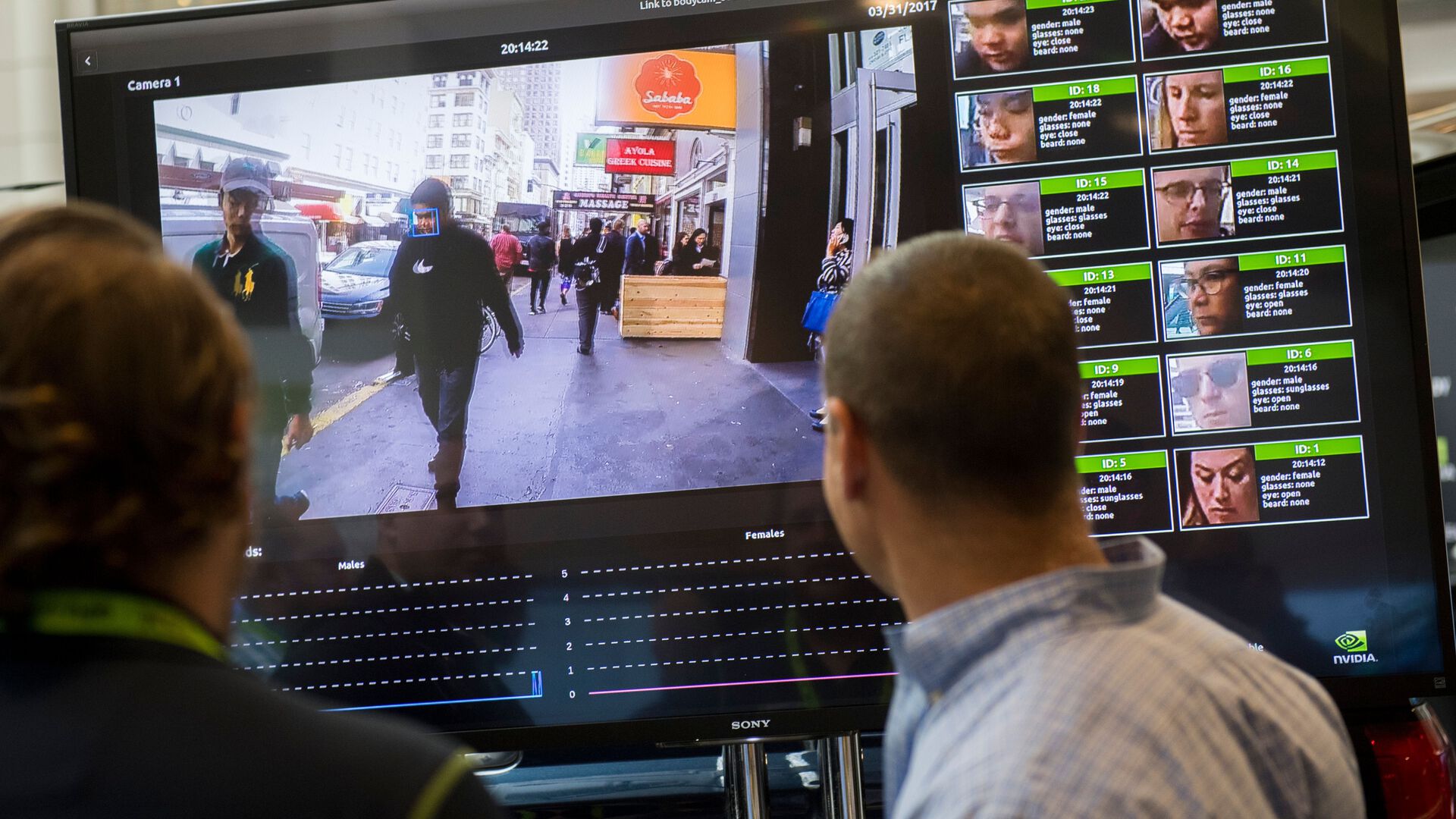
SHANNON LONGWORTH: IN THE SIX MONTHS SINCE THE CHATGPT LAUNCHED, MILLIONS HAVE BEEN ABLE TO CONVERSE WITH ARTIFICIAL INTELLIGENCE FOR THE FIRST TIME.
AI IS ALREADY CHANGING OUR WORLD.
IT’S DEVELOPING MEDICAL TREATMENTS, IT’S MAKING EMPLOYEES MORE PRODUCTIVE (OR REPLACING THEM), AND IT’S EVEN AIDING AUTHORITIES IN IDENTIFYING CRIMINALS
BUT AI ALSO POSES GREAT RISK.
IT CAN DIAGNOSE PEOPLE INCORRECTLY,
DISCRIMINATE IN HIRING DECISIONS, AND MONITOR PEOPLE WITHOUT THEIR CONSENT– PROMPTING MANY TO CALL FOR IMMEDIATE REGULATION
ELON MUSK: “I THINK THERE SHOULD BE SOME GOVERNMENT OVERSIGHT BECAUSE IT’S A DANGER TO THE PUBLIC.”
STEVE WOZNIAK: “PROBABLY SOME TYPES OF REGULATION ARE NEEDED. REGULATION IS TELLING PARTIES THAT ARE PRODUCING THINGS, ‘YOU WILL OBEY–YOU WILL NOT DO CERTAIN THINGS.’”
SAM ALTMAN: “THIS IS A SIGNIFICANT AREA OF CONCERN… I THINK THERE’S A LOT OF POLICIES THAT COMPANIES CAN VOLUNTARILY ADOPT, AND I’M HAPPY TO TALK ABOUT WHAT WE DO THERE. I DO THINK SOME REGULATION WOULD BE QUITE WISE.”
LONGWORTH: RATHER THAN WAITING FOR THE FEDERAL GOVERNMENT TO TACKLE THE PROBLEM, HERE’S WHAT A FEW STATES ARE DOING:
COLORADO PASSED A LAW IN 2021 THAT SAYS INSURANCE COMPANIES CAN’T USE ALGORITHMS OR PREDICTIVE MODELS THAT COULD UNFAIRLY DISCRIMINATE AGAINST PEOPLE BASED ON THEIR RACE, COLOR, NATIONAL OR ETHNIC ORIGIN, RELIGION, SEX, OR OTHER FACTORS. THE STATE’S DIVISION OF INSURANCE IS WORKING ON SPECIFIC RULES THAT INSURANCE COMPANIES WILL NEED TO FOLLOW TO COMPLY WITH THE LAW.
IN CALIFORNIA, ASSEMBLYMEMBER REBECCA BAUER-KAHAN INTRODUCED A BILL THAT WOULD SET SOME RULES FOR ANYONE USING AUTOMATED TOOLS TO MAKE “CONSEQUENTIAL DECISIONS”–DECISIONS THAT AFFECT PEOPLE’S ACCESS TO THINGS LIKE EMPLOYMENT, HOUSING, AND HEALTHCARE. IT’D REQUIRE COMPANIES TO DISCLOSE WHEN THEY’RE USING SUCH TOOLS, AND TO DO ANNUAL IMPACT ASSESSMENTS. THE BILL WOULD ALSO ALLOW APPLICANTS AND EMPLOYEES WHO BELIEVE THEY’VE BEEN DISCRIMINATED AGAINST TO SUE THE COMPANY THAT USED THE ALGORITHMIC DECISION TOOL.
CONNECTICUT’S GOVERNOR RECENTLY SIGNED A BILL, SB 1103, WHICH WILL REQUIRE THE STATE TO TAKE INVENTORY OF ITS AI TOOLS AND SET POLICIES FOR USING THEM. IT WOULD ALSO ESTABLISH AN AI TASK FORCE TO DEVELOP RECOMMENDATIONS FOR AN AI BILL OF RIGHTS.
THE TEXAS HOUSE AND SENATE HAVE BOTH PASSED A BILL TO CREATE AN AI ADVISORY COUNCIL, WHICH WOULD STUDY AI AND HOW THE STATE GOVERNMENT CAN USE IT.
AND AN ILLINOIS LAW, ENACTED IN 2020, PERTAINS TO EMPLOYERS WHO USE AI TO ANALYZE VIDEO JOB INTERVIEWS. THOSE EMPLOYERS HAVE TO TELL APPLICANTS WHEN THEY’RE USING SUCH TOOLS AND HOW THEY WORK. THEY ALSO HAVE TO GET CONSENT, AND DELETE THE VIDEOS WITHIN A MONTH IF THE APPLICANTS ASK THEM TO.
IT’S STILL TOO EARLY TO SAY WHAT THE LONG-TERM IMPACT OF THESE EFFORTS WILL BE. BUT IT’S CLEAR THAT LAWMAKERS ARE TAKING THE ISSUE OF AI REGULATION SERIOUSLY. AND AS THE FEDERAL GOVERNMENT CONTINUES TO DELIBERATE, IT’S LIKELY THAT WE’LL SEE MORE STATES TAKE ACTION.










